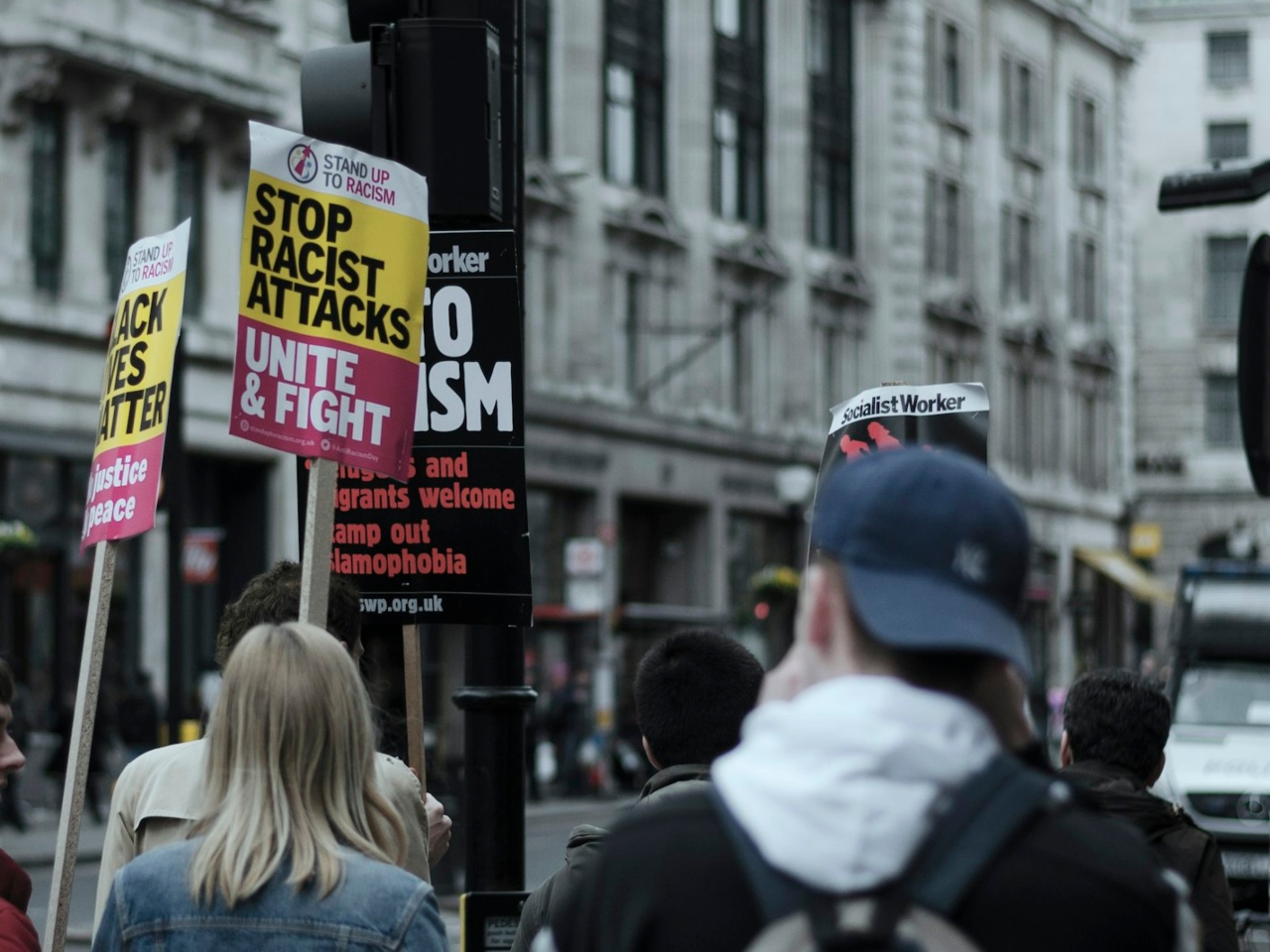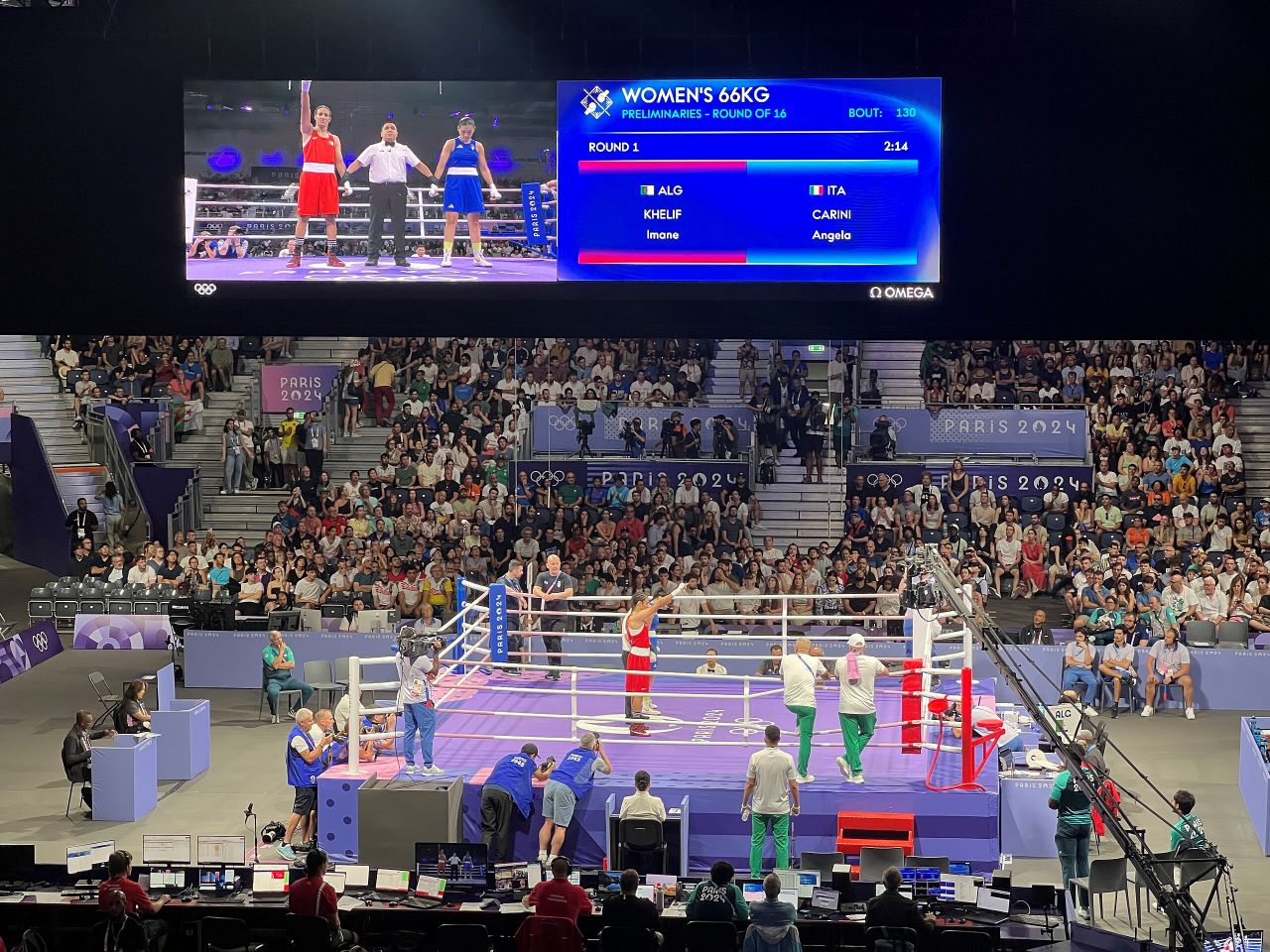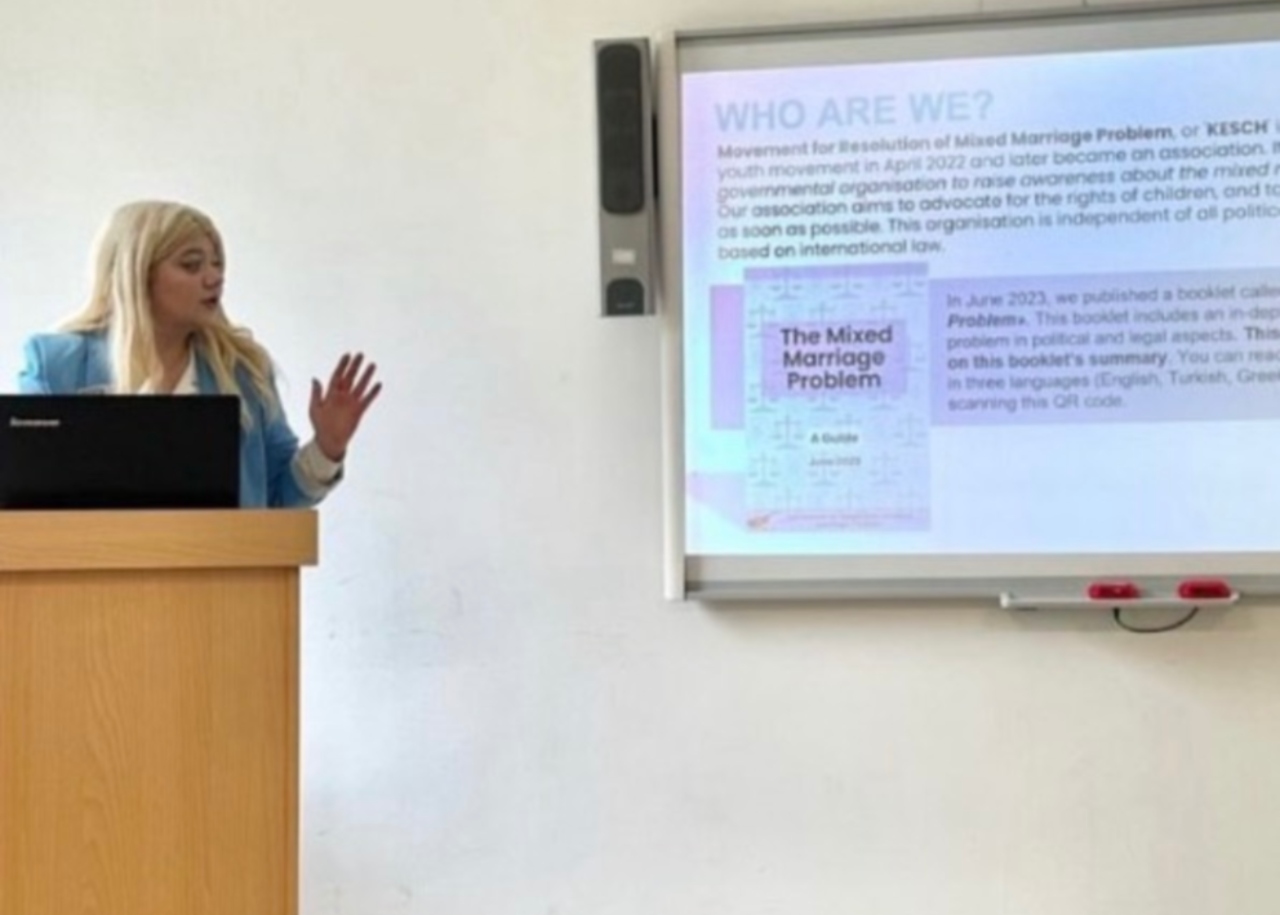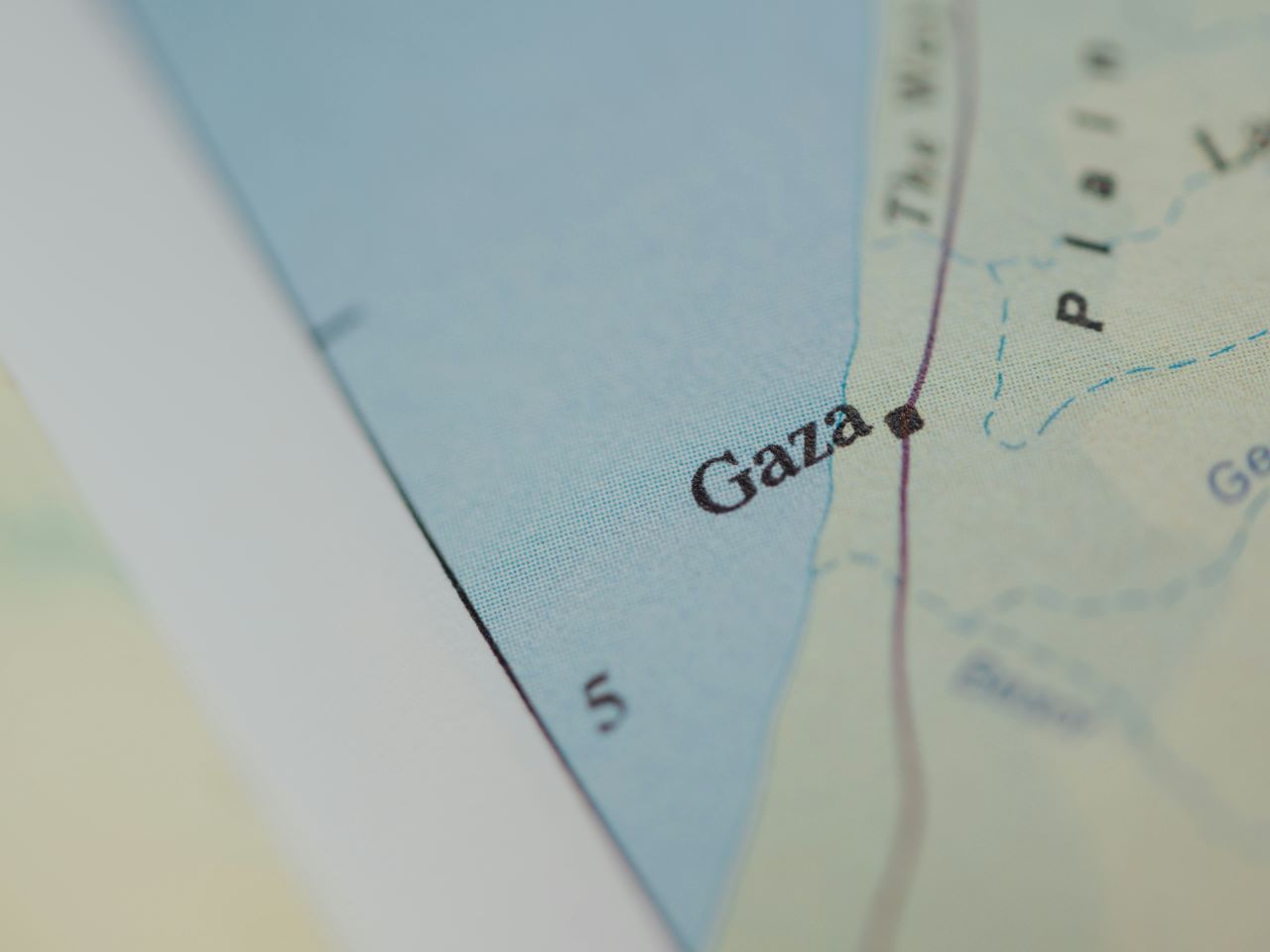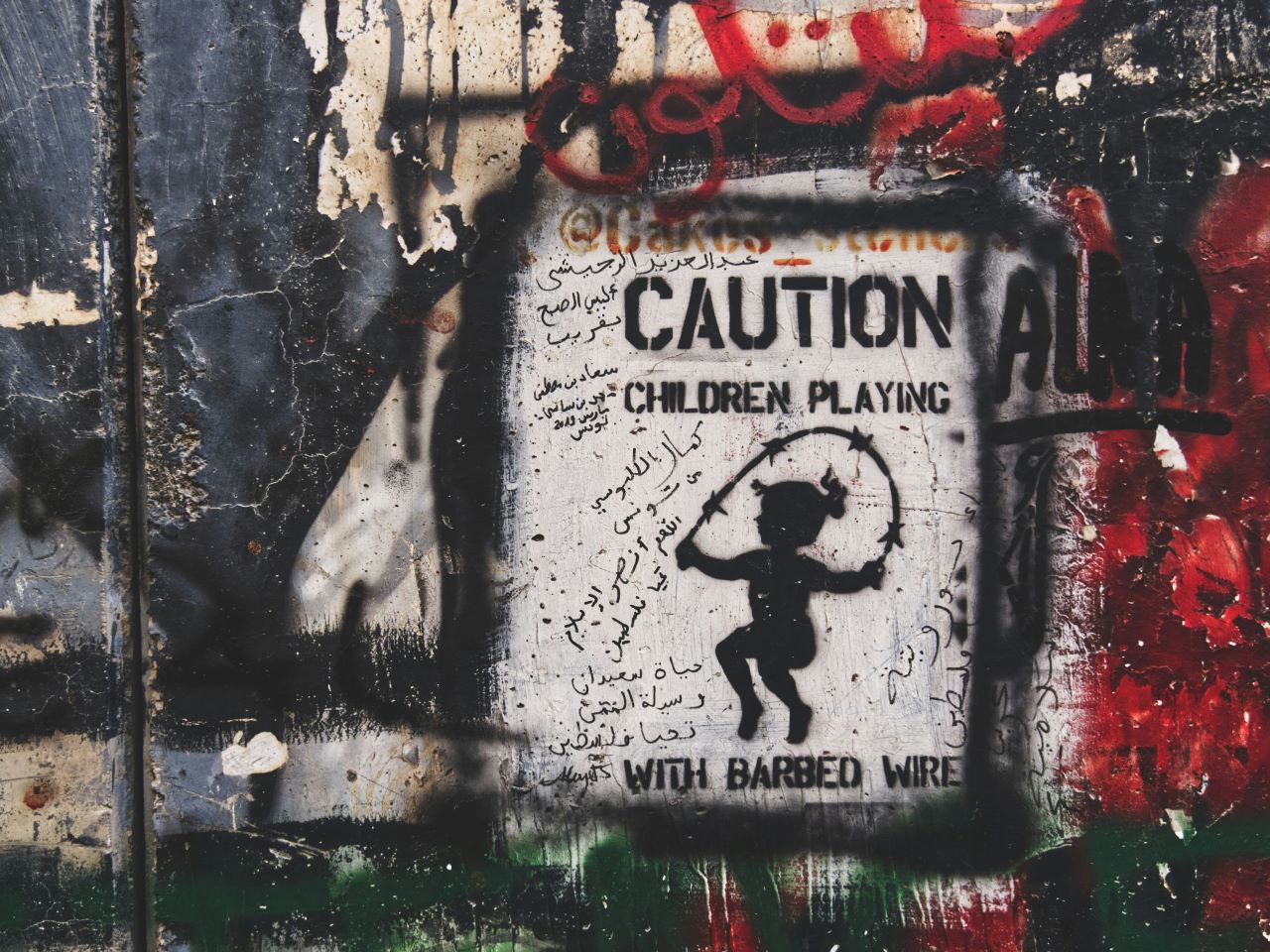Media’s conflict in the Israeli-Palestinian War
Mainstream journalists throughout the world have been largely unable to report from inside Gaza due to safety issues, the inability to get in and out of the territory, and the lack of contact with Hamas officials who control the messaging. This makes it largely impossible to independently verify official reports out of Gaza, as journalists did in Israel.
- 2 years ago
November 7, 2023
As the founder and publisher of Orato World Media, my team and I have been challenged on several occasions as to why we have not published first-person stories describing the experiences of the Palestinian people in Gaza.
On October 7, 2023, Hamas terrorists initiated unprovoked attacks on Israel near the Gaza border. Some 1,400 innocent Israeli civilians were slaughtered and another 240 were taken hostage. Following the invasion, Israel initiated a bombardment campaign in Gaza and then a ground invasion. Israel provided advance warnings for Palestinian civilians to move south out of the conflict zone. Nevertheless, we have seen reports of thousands of deaths in Gaza. We read of a humanitarian crisis and closed borders, preventing many from escaping to safety.
Truth be told, Orato journalists have found it nearly impossible to reach or maintain contact with any innocent Palestinian victims caught in the crossfire in Gaza. Multiple journalists arranged interviews with people living in Gaza, only to lose touch with them as communications became disrupted. Mainstream journalists throughout the world have been largely unable to report from inside Gaza. They face safety and access issues, and the lack of contact with Hamas officials who control the messaging. This makes it largely impossible to independently verify official reports out of Gaza, as journalists did in Israel.
Shadow banning and suppression of opinion
We cannot ignore that the majority of the 2.3 million Palestinians affected by the conflict face a destiny deeply impacted by some 20-25,000 Hamas extremists. Sadly, the Palestinians will keep suffering. Hamas terrorists use them as human shields and they appear unable to speak their truth to the media.
Mounting evidence reveals the further suppression and manipulation of those who have sympathy for the Palestinian cause. A recent article from Al Jazeera claimed, “hundreds of social media users are accusing the world’s largest social media platforms – Facebook, Instagram, X, YouTube and TikTok – of censoring accounts or actively reducing the reach of pro-Palestine content, a practice known as shadow banning.”
According to the article, which provides numerous examples, “Authors, activists, journalists, filmmakers and regular users around the world claimed posts containing hashtags like ‘FreePalestine’ and ‘IStandWithPalestine’ as well as messages expressing support for civilian Palestinians killed by Israeli forces are being hidden by the platforms.”
“Are you a right-leaning or left-leaning publication?”
For the record, Orato, which means ‘I speak’ in Latin, has never strayed from its editorial mandate. We publish only true stories from real people. This means we stand as the undisputed leader in reporting first-person news. To date, our journalists have contacted Israeli victims of the invasion. We have a journalist who immediately travelled to Israel. This has allowed us to share those first-person experiences with our audiences around the globe.
On the other hand, those same journalists have been unable to penetrate the communication barrier in Gaza. It is that simple. With that said, we will not stop bringing you stories from this conflict and other war-torn areas. However, we would like to address a particular question we often hear. That is, “Politically, on which side does Orato’s editorial focus fall?” At Orato World Media, we are dumbfounded by this inquiry.
People ask, “Do you publish for a Democrat or a Republican audience?” They wonder, “Are you a right-leaning or a left-leaning publication?” Our answer is always the same. We are neither. Orato publishes the news in the words of the people who experienced and witnessed it. We do that through the incredible work of our journalists who maintain the highest journalistic standards.
As long as there are earthly souls, suffering will continue
First-person news calls us to interview the subject respectfully and without bias. We also do the work necessary to verify the veracity of those newsworthy accounts. By sharing human experiences from around the globe, Orato offers deeper insight. These stories enlighten us about the truthful experiences from our global community and the common values we all share.
It allows us, for a moment, to stand in the shoes of someone else who experienced the event first-hand. In this way, we become equipped to understand one another. We gain the capacity to draw insightful conclusions and act in the best interest of our shared, global community.
I wish all the pieces we publish could be ‘feel-good’ stories. Yet, as long as there are earthly souls, suffering will continue. Whether it is armed conflictor natural disasters, Orato will produce true stories. We will share the experiences of the victim, survivor, eyewitness, whistleblower, first-responder, and anyone else who has experienced the event. We do this regardless of their gender, skin color, nationality, religion, political persuasion, or sexual orientation. This is true of the conflict currently unravelling in the Middle East.





















































